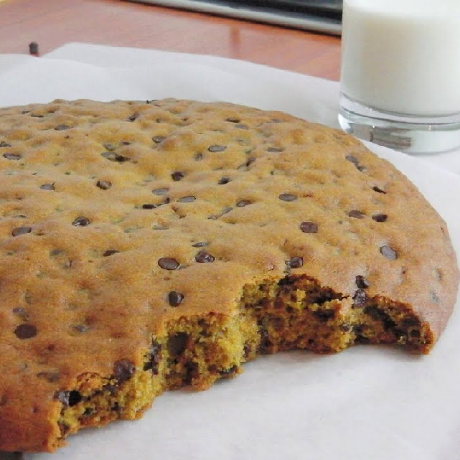Zheng said the grease accumulated so much over the summer that it broke off in chunks and damaged the district’s wastewater treatment plant, costing about $25,000 to repair.
“These fatbergs can really damage our infrastructure and require costly repairs. They can also cause sewer backups where you have raw sewage coming into homes and businesses.”
Bidets are amazing and cheap. You can get one to fit any existing toilet for $40, and you won’t believe how clean you feel.
Never flush wipes – there’s no such thing as ‘flushable’ wipes. They say that because the wipes won’t necessarily clog the pipes inside your house, but they absolutely accumulate in sewers, leading to the issues in this article.
A bidet drastically cuts TP usage (some of us still use a very small amount for drying). Remember the Great TP Crisis of 2020? It was really nice not having to worry about that at all.
Squeaky clean starfish, and great for the environment. It amazes me everyone doesn’t have one.
I’m surprised that some downvoted your comment when bidets just make sense
it basically saves you money longterm and keeps your butt nice and clean
I didn’t downvote it but it seems out of place for an article about people dumping cooking grease down the drain.
It’s not just the grease. These stories come up every few years (the recent major fatberg in London was what pushed me to get a bidet), and they’re caused by a combination of grease, paper, and ‘flushable’ wipes.
Some of us find them unpleasant. Not that I downvoted.
Not to mention that it reduces boreal forests from being cut down.
Are people wiping with grease now?
Some people flush paper and wipes, other people wash bacon grease down the sink, those combine to make fatbergs. Both things contribute – but if you do neither, the problem decreases.
That makes sense. I’ve been using a bidet for years; there’s no going back!
I was until I got my bidet!
There definitely are wipes that break up the same way as toilet paper. The problem is that people flush wipes that don’t.
Can you name some that actually are?
Because everything I’ve read says they’re not. They may not damage your septic tank or internal home plumbing, but they cause problems in the city sewer, including greatly contributing to fatbergs.
https://www.nacwa.org/news-publications/news-detail/2019/12/02/are-flushable-wipes-really-flushable
https://www.thespruce.com/are-flushable-wipes-really-flushable-5191412
https://mountvernonwa.gov/951/Are-Flushable-Wipes-Really-Flushable
https://www.greenamerica.org/blog/are-flushable-wipes-really-flushable
https://www.scottenglishplumbing.net/blog/4-reasons-why-you-shouldnt-flush-wet-wipes-down-the-toilet
If you look it up for yourself, you’ll find scores more. It’s an inconvenient truth, but this was big in the headlines after a huge fatberg caused major issues in London and it was deemed a major part of the problem was ‘flushable’ wipes.
e: a quote from the BBC: ‘None of the flushable wipes marketed as “flushable” in the UK actually passed their rigorous testing.’ – and the standards there have been higher than in Canada.
Cottonelle’s wipes meet the IWSFG’s standards for flushable products. They didn’t always, and the change to their wipes was part of a settlement related to damaging a treatment plant in Charleston SC. But at this point they are actually legitimately safe for sewage systems.
https://www.familyhandyman.com/article/are-flushable-wipes-really-flushable/
It does seem that they’re the exception though.
That’s good to know, thanks, especially since I do buy Cottonelle for spot washing. I’ve never flushed them, but it’s nice to know they’re not obnoxious like the rest.
$2.7 MILLION dollars!? Holy shit, that’s almost enough to buy a house there!






